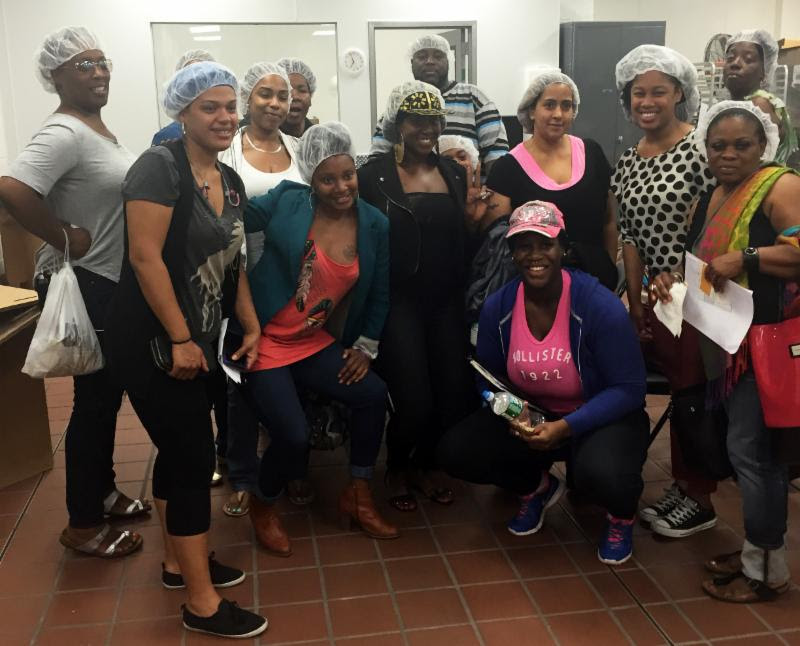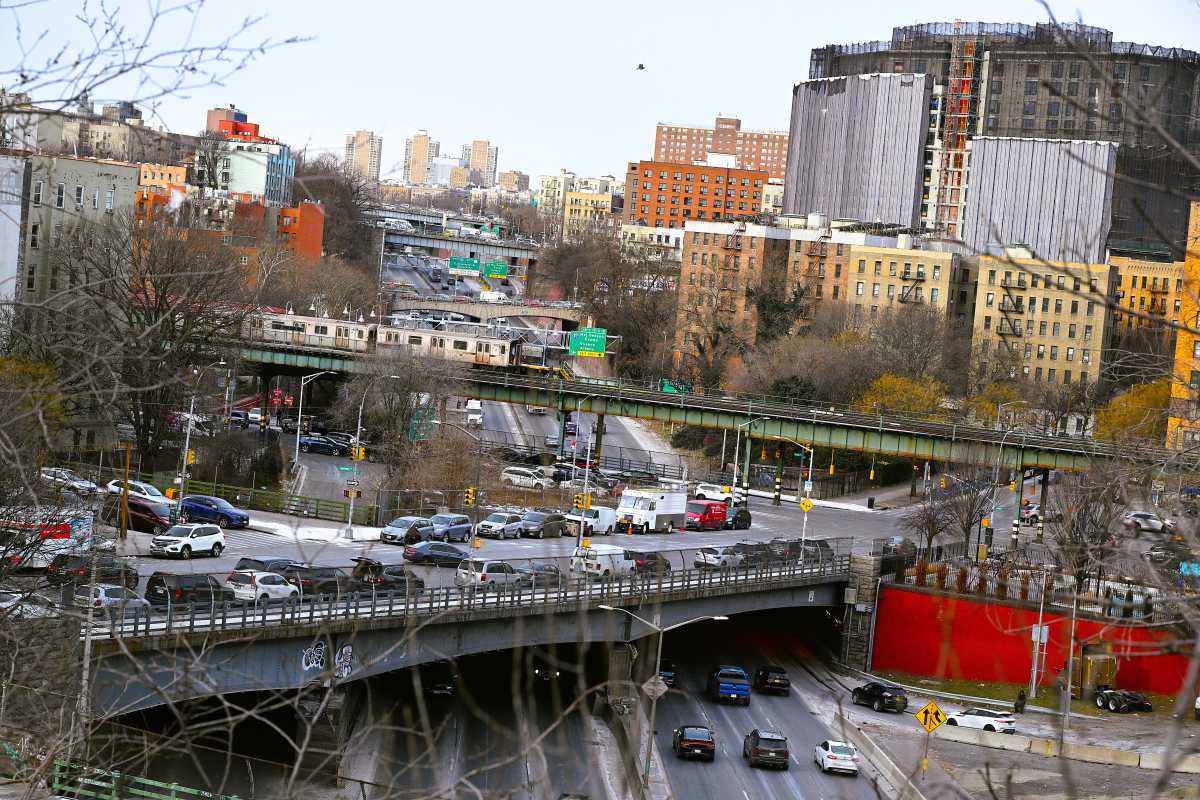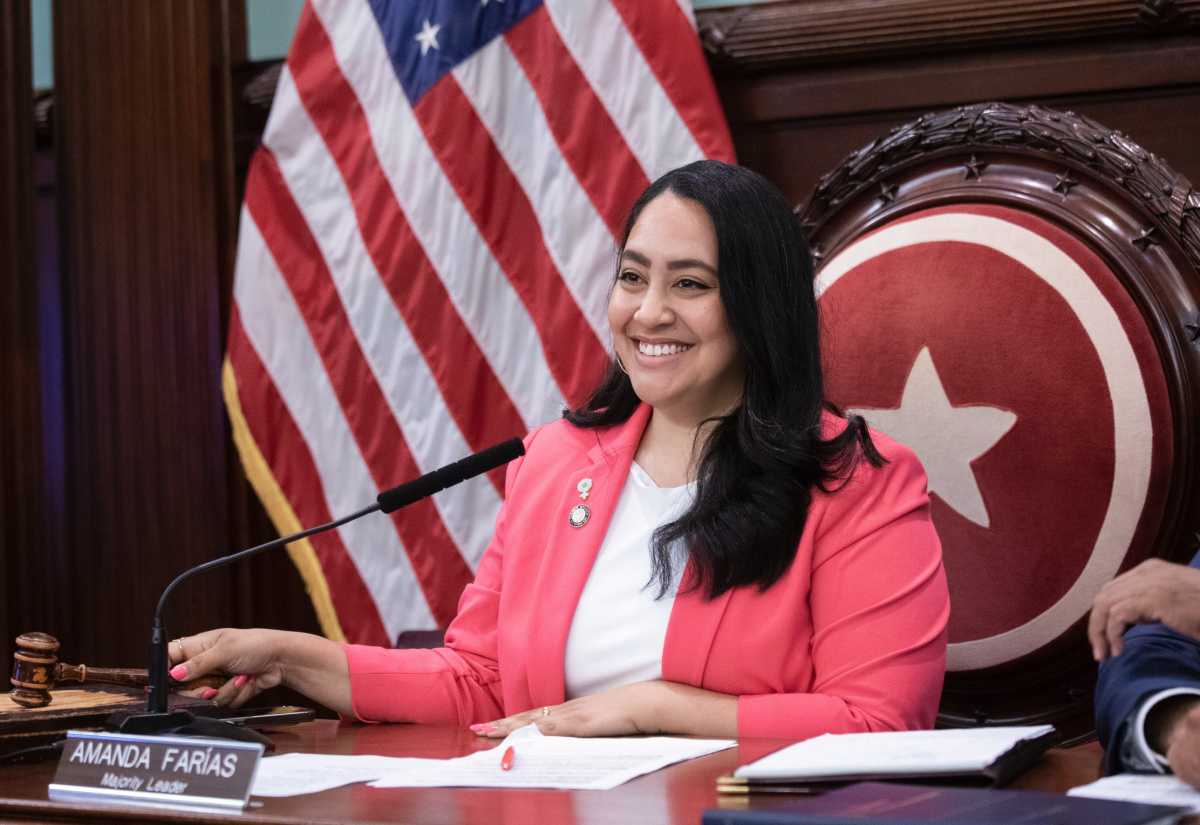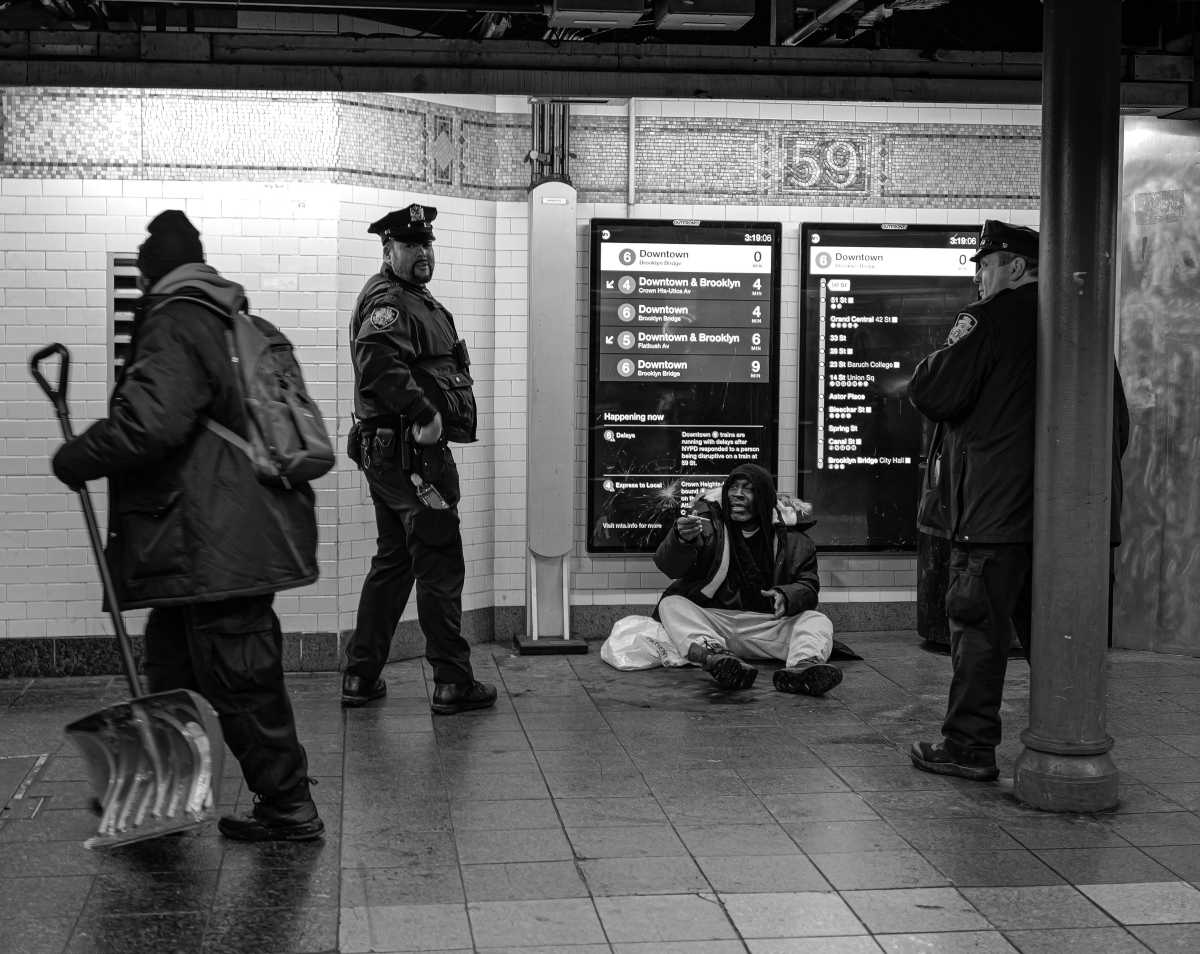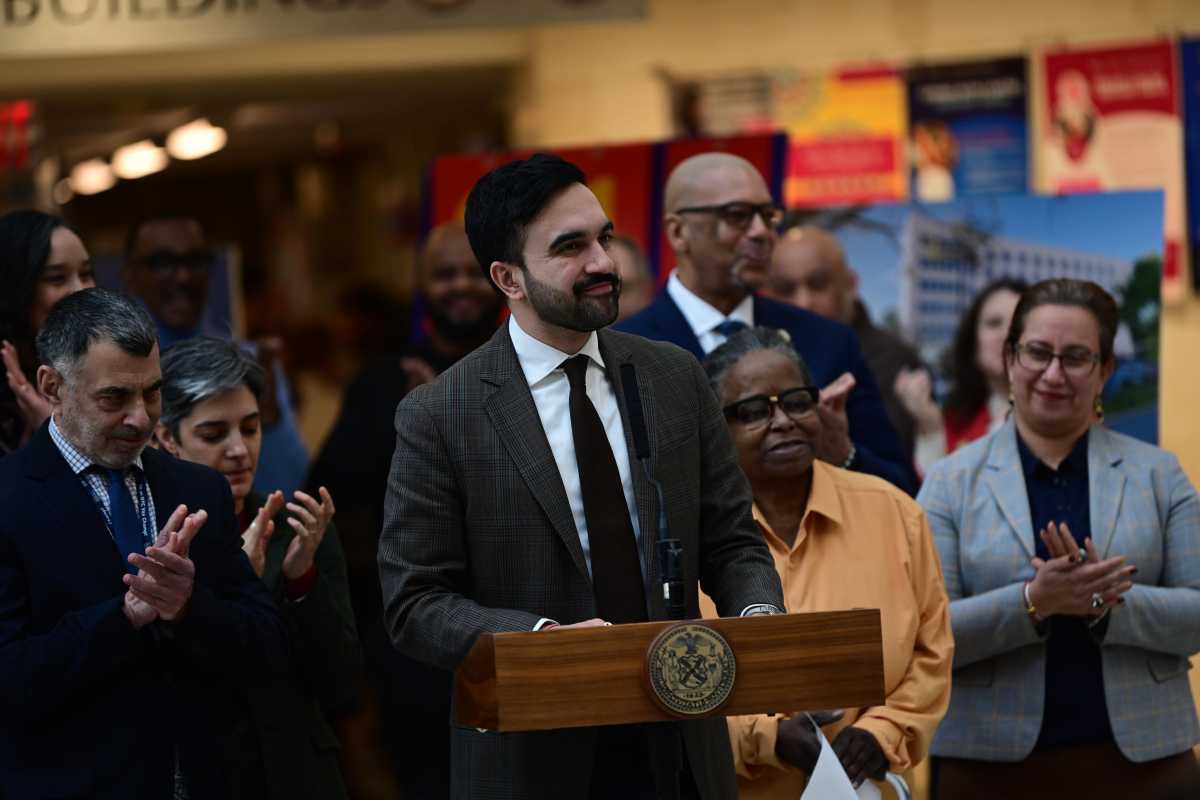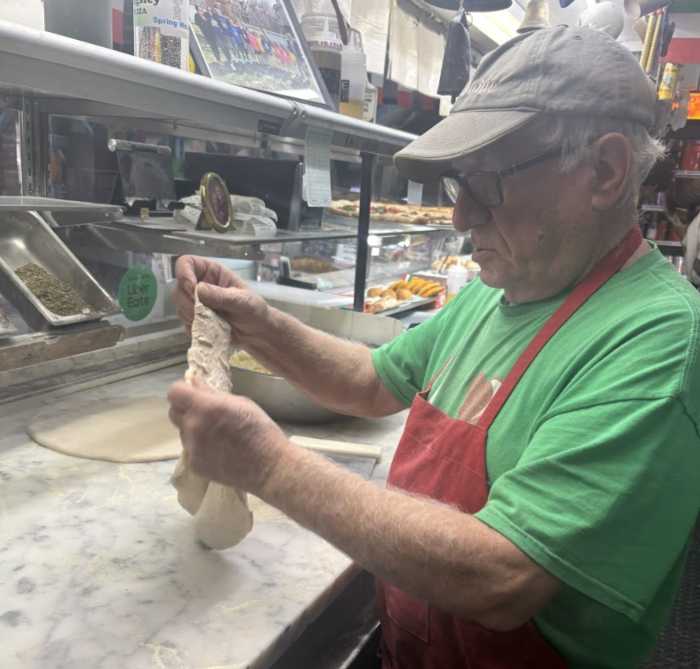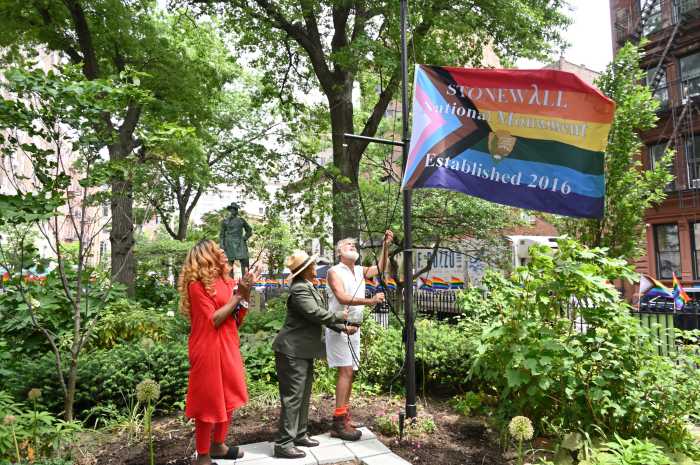When Van Dyke Houses resident Niani Taylor, 39, saw a flier in her building about the New York City Housing Authority looking for entrepreneurs interested in the food services industry she jumped at the chance.
“I always worked for entrepreneurs starting with my aunt who had a little fish fry business, S.W. Fish Fry, in Bed-Stuy, and I had an idea to start a brunch business,” said Taylor, adding that at the time she was selling chocolate chip cookies in her Brownsville neighborhood to earn money to attend her brother’s wedding in the Virgin Islands.
So Tayler made her way to Manhattan and signed up for the Food Business Pathways program, which NYCHA operates in conjunction with the City’s Economic Development Corporation and Small Business Services along with Hot Bread Kitchen, Start Small Think Big, and Citibank.
The first step of the program is to pass an application and interview process. Next, there is an eight-week business course that students must complete. Upon graduation, students receive free licenses and permits to operate their businesses. There is also the chance of free incubator space for five months. Even after completing the program, graduates have business coaching available to them through Small Business Services and REES.
“I started a retail vendor business. It’s more of a specialty brunch club. So, I plan to not have a brick-and-mortar spot, but to be at all of the food exhibits and functions. During the colder months of the year, I want to hold brunches once or twice a month for people to taste new things and showcase new chefs. It’s like a social brunch event for the winter and an outdoor vendor in the summer,” said Taylor.
Taylor noted while the program did help participants get food vendor permits and business and legal advice, few would be able to have access to working capital – which is considered the number one impediment for entrepreneurs looking to go into business.
“They had a credit counselor, but that was one of the most challenging parts,” said Taylor, noting that may residents in public housing have either no credit or bad credit.
Still Taylor said the program was worth it to get the permits and learn about starting a legitimate business. And while she’s still working on her business plan, other participants won scholarships to house their business in an incubator program.
“You have the support and partnerships with a lot of local businesses and know that they are encouraging and supportive with programs like this. I think that’s the biggest takeaway, how supportive New York City can be for local businesses,” she said.


